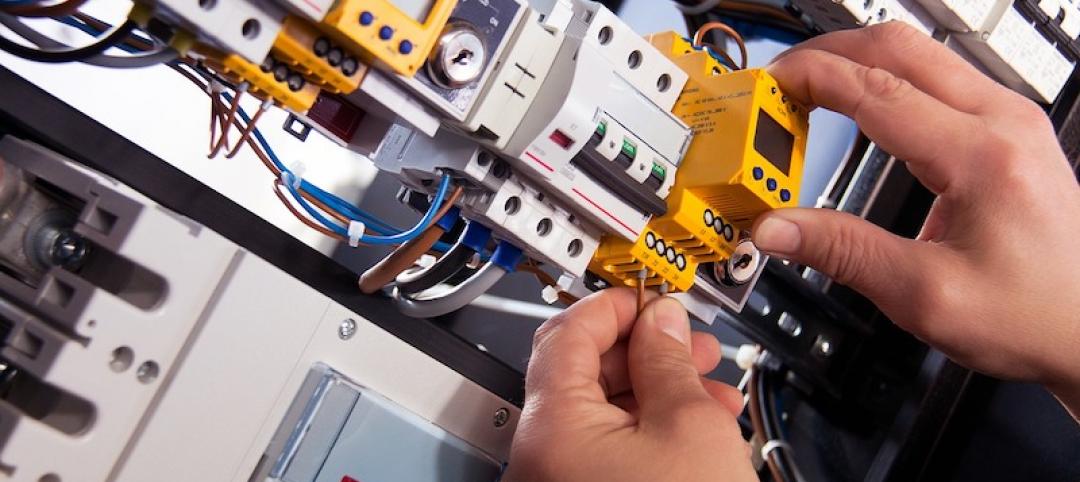NOAA, the University of Maryland, and the American Society of Civil Engineers (ASCE) will collaborate on developing climate-smart engineering codes and standards.
The partnership aims to account for climate change in future infrastructure design and construction. Most building codes in the United States and abroad rely on consensus guidance provided by ASCE.
The partnership will help close the gap between climate change awareness and engineering practice, according to Samuel Graham, dean of the University of Maryland’s A. James Clark School of Engineering. The collaboration will advance the use of NOAA-produced climate science and understanding within engineering practice for the design and construction of climate-resilient infrastructure, through developing and updating ASCE codes and standards, according to a NOAA news release.
The partnership calls for a series of exchanges between NOAA and ASCE, which will be facilitated by the university.
Related Stories
Codes and Standards | Sep 22, 2021
Illinois’s sweeping climate bill includes statewide stretch code, building electrification measures
Aims for zero-emissions power sector by 2045.
Codes and Standards | Sep 22, 2021
Cities need to step up flood mitigation efforts to save lives
Recent storms highlight climate change dangers.
Codes and Standards | Sep 21, 2021
Steps to improve ventilation for Covid can combat colds and flu
New look at airborne disease spread shows time viruses linger in air may have been underestimated.
Codes and Standards | Sep 15, 2021
USGBC will change leaders, conduct strategic review
Aims to ensure organization is ‘well positioned to scale its work in the post-pandemic world’.
Codes and Standards | Sep 15, 2021
LEED-certified offices earn higher rents than non-sustainable properties
Are also more resilient to dips in real estate market.
Codes and Standards | Sep 7, 2021
Boston turns to developer fees to fund flood protection infrastructure
Assessments on commercial properties will help build seawall and other protective measures.
Codes and Standards | Sep 3, 2021
Low-cost methods can have substantial impact on reducing embodied carbon
Whole-building design, material substitution, and specification strategies can slash carbon by up to 46%.
Codes and Standards | Sep 2, 2021
Case for power resiliency in buildings grows with more disaster and outages
Essential businesses like data centers, hospitals are first adopters of new storage systems.
Codes and Standards | Aug 31, 2021
UK industry group wants mandatory whole-life carbon assessments of buildings
Aims to address hidden emissions embedded in supply chains.
Codes and Standards | Aug 31, 2021
Home electrification will require code upgrades
Residential electric panel capacity must be increased.

















